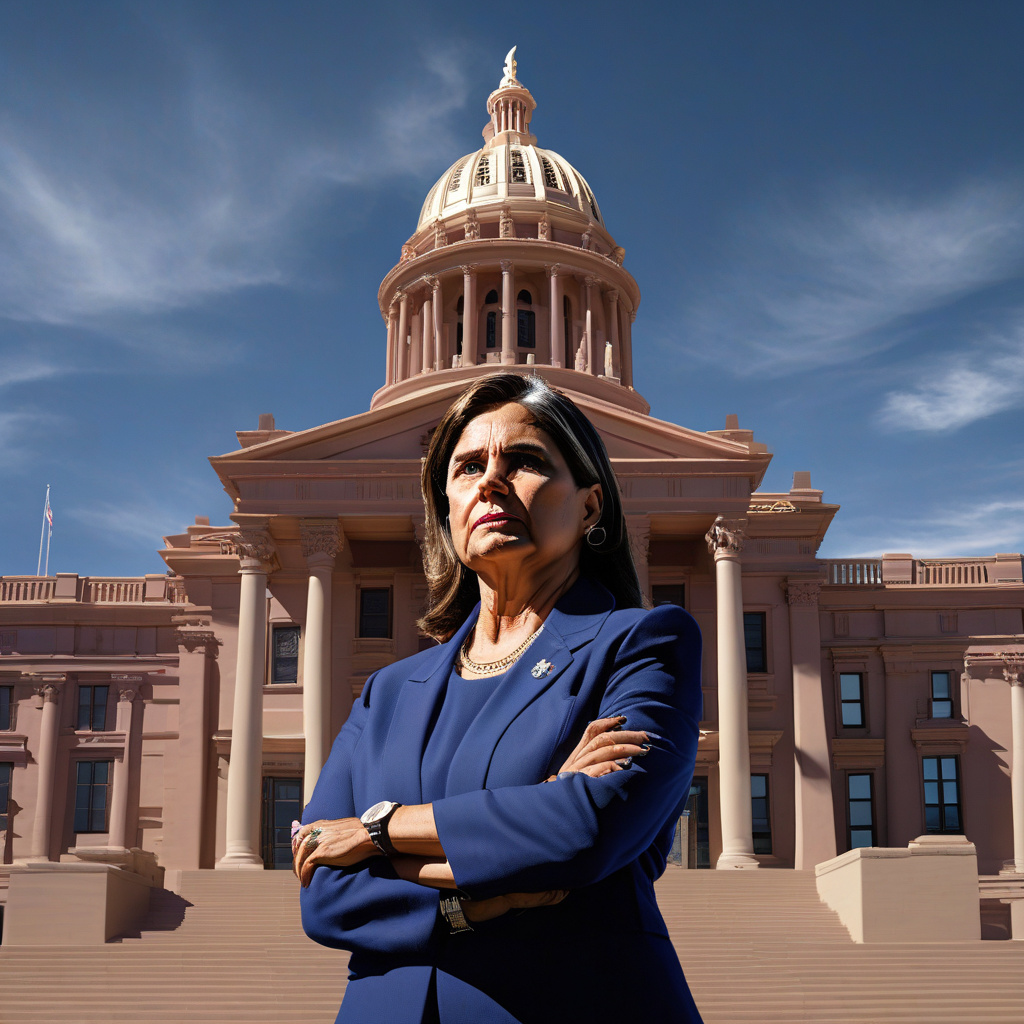Arizona Governor Vetoes Bitcoin Reserve Bill
Arizona Governor, Katie Hobbs, has once again made headlines in the cryptocurrency world by vetoing a Bitcoin reserve bill. This recent veto marks Hobbs’ third rejection of crypto-related bills, further solidifying her stance on the matter. Among the proposals turned down by the Governor was a plan to invest state funds in Bitcoin, a move that has sparked debate and speculation within the digital currency community.
Hobbs’ decision to veto the Bitcoin reserve bill has left many wondering about the future of cryptocurrency regulation in Arizona. With the rise of Bitcoin and other digital currencies as viable investment options, the state’s position on these assets has become a hot topic of discussion. While some argue in favor of embracing crypto and integrating it into the state’s financial infrastructure, others, like Governor Hobbs, remain cautious and hesitant to fully commit.
One of the key concerns surrounding the investment of state funds in Bitcoin is the volatile nature of the cryptocurrency market. The value of Bitcoin can fluctuate dramatically in a short period, making it a risky investment choice for government reserves. Governor Hobbs’ decision to veto the bill reflects a desire to protect the state’s financial assets and avoid unnecessary risks that could destabilize the economy.
Moreover, the lack of regulatory framework and oversight in the cryptocurrency market raises additional red flags for policymakers. Without clear guidelines and safeguards in place, investing state funds in Bitcoin could expose Arizona to potential fraud, security breaches, and other risks. Governor Hobbs’ cautious approach to crypto legislation highlights the need for comprehensive regulations that address these concerns and ensure the protection of investors and consumers.
While some may view Governor Hobbs’ vetoes as a setback for the cryptocurrency community, others see it as a necessary step towards responsible governance. By carefully evaluating each proposal and weighing the potential risks and benefits, Governor Hobbs is demonstrating a commitment to making informed decisions that prioritize the long-term interests of the state and its residents.
As the debate over cryptocurrency regulation continues to unfold, it is clear that the digital asset landscape is evolving rapidly. States like Arizona are faced with the challenge of adapting to these changes while balancing innovation with prudence. The veto of the Bitcoin reserve bill by Governor Hobbs is just one chapter in the ongoing saga of crypto regulation, and the final outcome remains uncertain.
In conclusion, Governor Hobbs’ rejection of the Bitcoin reserve bill underscores the complex nature of cryptocurrency regulation and the importance of careful deliberation in shaping policies that impact the financial landscape. As Arizona navigates the ever-changing world of digital assets, finding a balance between innovation and security will be crucial in shaping the future of crypto in the state.
bitcoin, cryptocurrency, Arizona, Governor Hobbs, regulation
